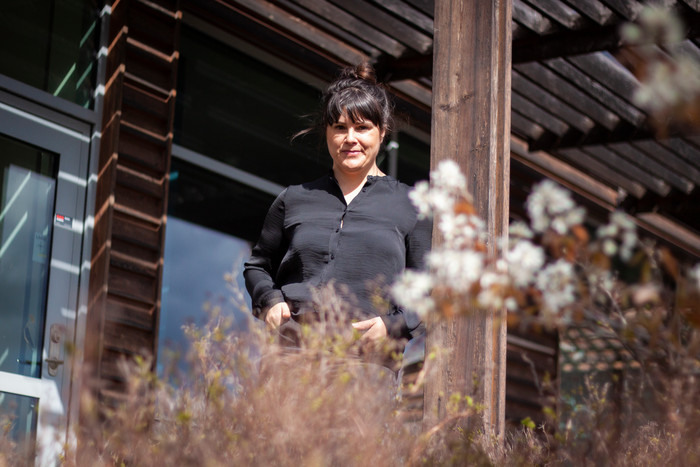Ingela Visuri is a teacher who has spent the last five years working on a doctoral thesis in religious studies. She has studied 17 young adults diagnosed with hyper-functional autism.
“One of the things my study has shown is that these people have many strange bodily experiences which no one else can see. This phenomenon appears to be more common among autistic people than non-autistic people because people with autism have a completely different way of processing sensory information such as light, sound and touch,” says Ingela Visuri.
Daydreams and pretence worlds also seem to help autistic people cope with stress and anxiety in their real lives.
"One girl told me that when her parents divorced, she went into an imaginary world of robots and characters from video games. There, she enacted the problems she had in her everyday life through her fantasy characters and she came up with solutions which she could later use when she returned to reality,” says Ingela Visuri.
Text and photo: Anna Sällberg






